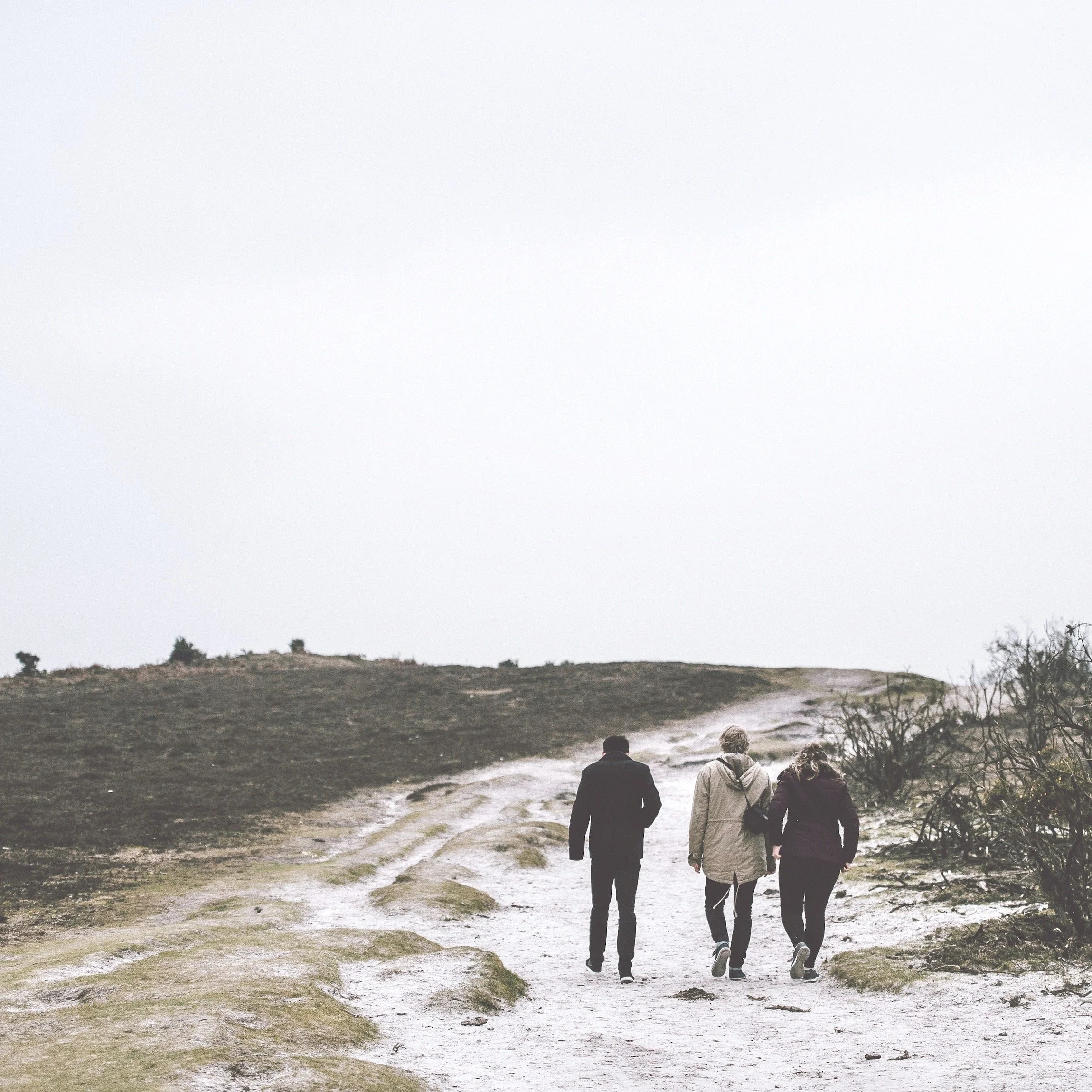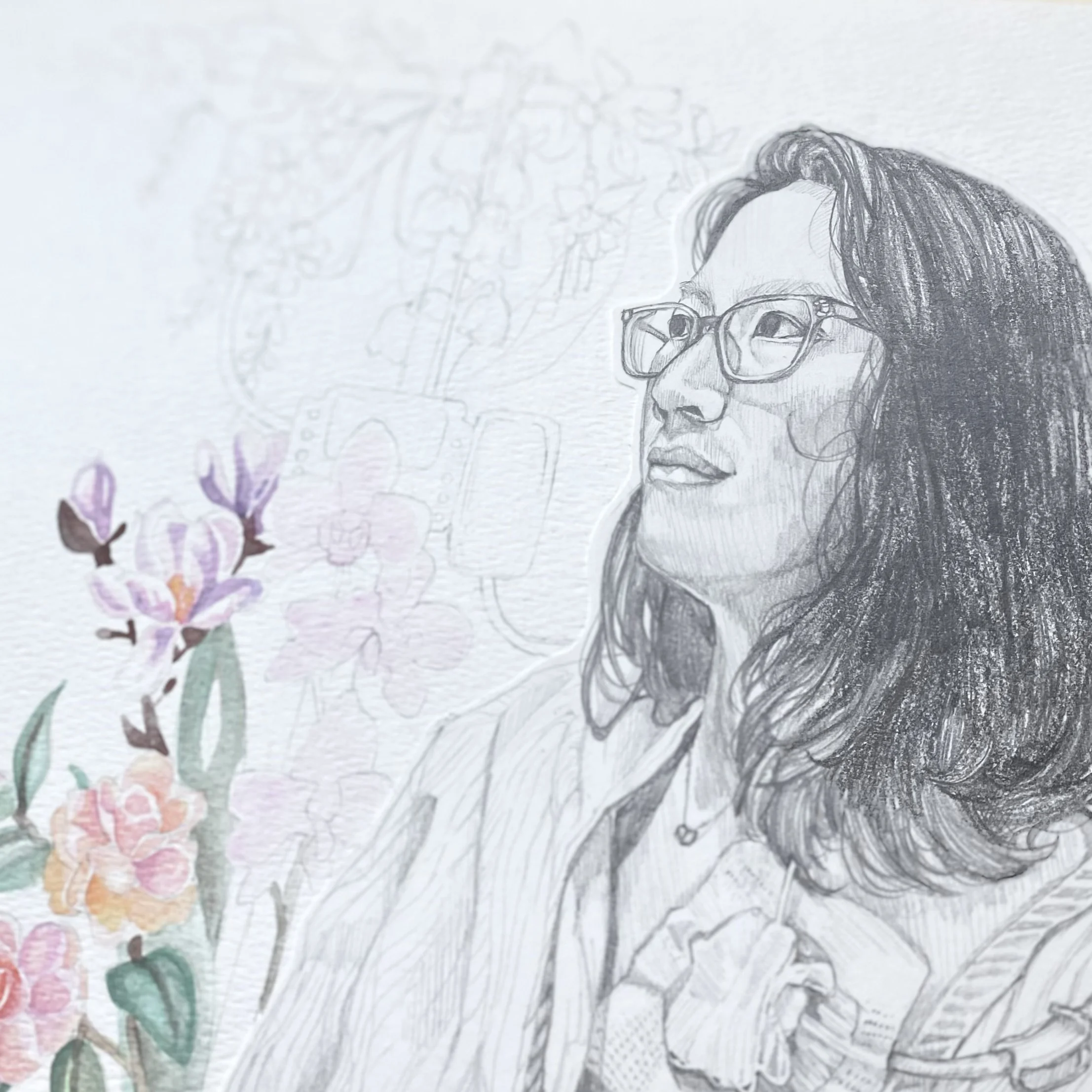To Endure
“Go back?” he thought. “No good at all! Go sideways? Impossible! Go forward? Only thing to do! On we go!”
– J.R.R. Tolkien, The Hobbit
If the surgeries were sprints, chemotherapy is a marathon. This initial infusion was like the first lap around the track, and here’s what I’ve figured out: for the three-week interval, I have zero capacity for the first one-and-a-half weeks. Then occasional capacity for about half a week, up to intermittent capacity for the remaining week before the next infusion hits. At any point, if I do anything for more than a few hours, I tend to hit a wall, beset by an achy fatigue that lands me solidly in bed.
I live these days like (a less glamorous version of) Hugh Grant’s character in About A Boy. As he narrates with trademark irony, “I find the key is to think of the day as units of time, each unit consisting of no more than thirty minutes… taking a bath, one unit… having my hair carefully disheveled, four units.” Cooking an entire meal straight through one night wiped me out, but I discovered I could manage if I broke it down into Hugh-Grant-units, with rest in between: marinate meat and start rice, rest. Chop veggies and preheat oven, rest. And so on.
Basically, if energy were currency, I went from having fistfuls of twenties to a pocketful of pennies. I can still buy things. I just have to think carefully about what, and then purchase in small increments. Food prep and driving are top of the list, since that’s what the majority of parenting involves these days. But I also save up for the occasional big purchase: making a church service, going to a parent-daughter folk dance, accompanying a cello piece, seeing patients in clinic. And if any of those purchases put me in a deficit, I’ll need time to recuperate afterwards.
I’m not used to pacing myself like this: I’m used to operating in fervor-fueled spurts, allowing the momentum of crisis or passion to carry me through periods of perceptible progress. I was always better at big, episodic events—the surgery or sermon, the project or performance—than at things executed carefully in small increments over long periods of time. But now I am faced with one objective, and one objective only: to endure. There isn’t much I can do to “do” chemotherapy better or worse; I simply have to get through it. And because of what it does to my body, I’m accepting that there isn’t much else I can do with my life while it’s happening.
What does it mean to endure well? Not to achieve much, not to grow or progress or do anything but persevere? What does it mean to have meaning when you’re not capable of much more than trying to make it through?
I made bread today from a recipe that involves three rises, an inherently unit-friendly process. During the waiting, I thought about the yeast working its invisible way through the dough. It’s not sitting there because it’s pinned down by malice or been deemed useless. It’s sitting there because it’s doing its good work, wreaking a transformation that can happen no other way, even though every time I peek below the dishcloth, nothing seems to be happening. That’s the first step of enduring, then: accepting this must happen. Letting go of the need to see results. I think this is what they mean when they tell you to be kind to yourself, to notice and accept where you are without condition or judgment.
And then, the pacing. Stirring and waiting, kneading and waiting, shaping and waiting. When you pace, you are thoughtful about how you spend your limited resources over time. You plan for fuel, for physical and emotional and spiritual nourishment, and you take it even if you don’t feel like you need it, because you know you will. You assemble a team, people to check in on you and cheer you on, others who have done this. You allow yourself to be sad or to be mad. But you also put yourself in the way of goodness: you sit in the sun or put on a song. And in the end, you take it one hour, one day at a time.
That’s the irony of endurance, isn’t it? You have to factor in the whole race, to be sure, but in the end, it comes down to just that one microcosm of a moment when you put one foot in front of the other. And it’s not an empty moment, not merely something you must “get through” as if it is in itself devoid of meaning. I think of what Mother Teresa said: “Not all of us can do great things, but we can do small things with great love.” That is the beauty of the penny-spending life. I might not be doing big things, but what I can do, I do with greater intention and thought than I did before. Even if no one can see it.
And when I can do nothing, when I can know nothing, there is meaning in that too. Jesus says the kingdom of God is the seed in the soil, the yeast in the flour (Mark 4:27, Matthew 13:33)—small, mysterious, invisible, yet ever-working, asking of us great endurance and patience. He sleeps and rises night and day, and the seed sprouts and grows; he knows not how. That is how this season feels, sleeping and rising night after day, one foot in front of the other, believing that one day will come the harvest, in this lifetime or the next. My endurance is my offering; my endurance is my act of faith.
Update: turns out the first infusion may have affected my heart, giving me a diagnosis I’d never heard of (what they call “hef-ref,” or Heart Failure with Reduced Ejection Fraction). I’m now on two daily pills and will need an echocardiogram and cardio-oncology sign-off (yes, that’s a specialty) between each infusion. I’m currently cleared for the next dose of chemo, which will be happening in four days. Four days, and the next lap around the track begins, in this marathon of a life. One down, five more to go.





